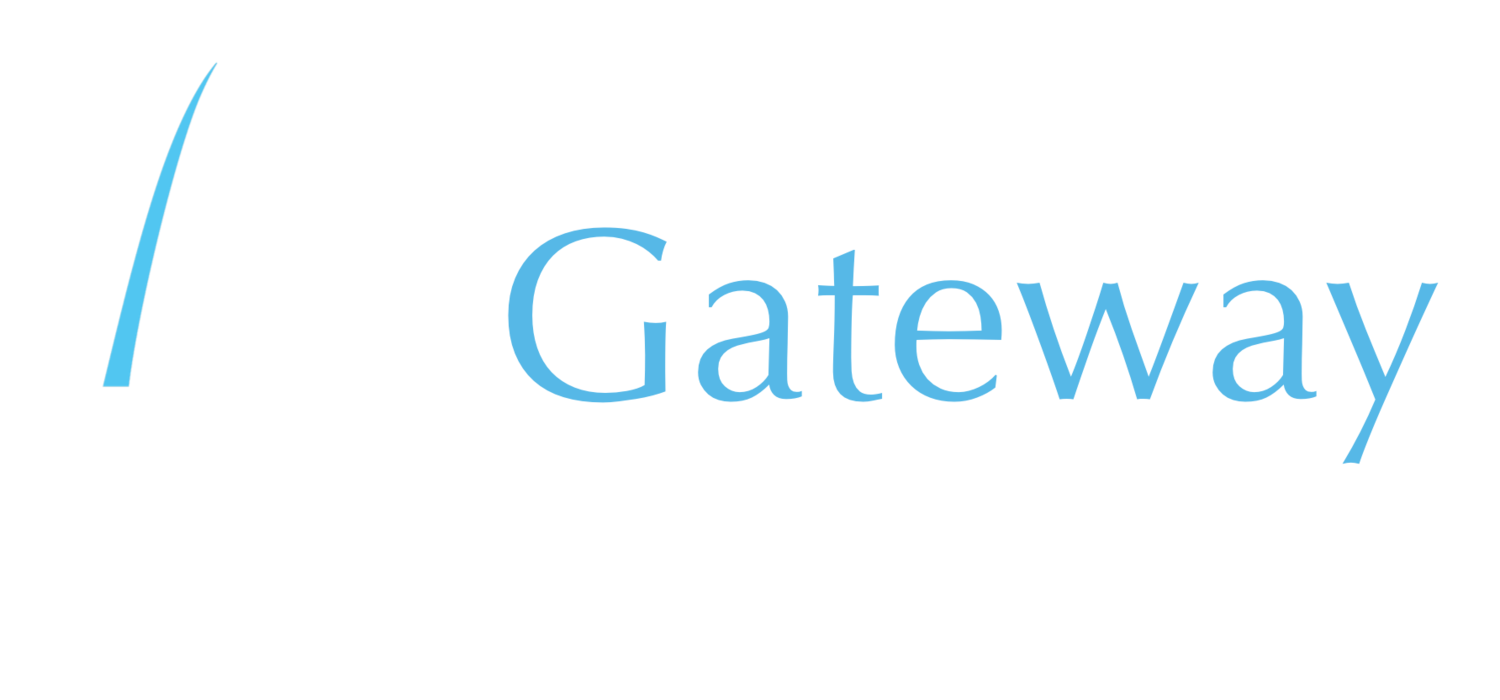Neuropsychological Assessment:
Pediatric Neuropsychology
Pediatric neuropsychology focuses on brain functioning in childhood, with emphasis on academic skills, attention, and adaptive behavior.
Formal testing of abilities such as memory, executive functions, and language skills are used to assess brain functioning. This information will help you and your child’s teacher, therapist, and physician provide treatments and interventions for your child that will meet his or her unique needs.
Adult Neuropsychology
Adult neuropsychology focuses on brain functioning across adulthood, with emphasis on cognitive strengths and weaknesses, along with emotional symptoms.
Testing is usually recommended when there are symptoms or complaints involving memory or thinking. This may be signaled by a change in concentration, organization, reasoning, memory, language, perception, coordination, or personality.
Forensic Neuropsychology
Forensic neuropsychology applies the analysis of brain-behavior relationships to specific questions within the legal system. Because of the involvement of the legal system, these questions are addressed in a somewhat different manner than purely clinical evaluations.
Examples of forensic neuropsychology applications include: 1) independent medical examinations (IME), 2) disability determination, and 3) workers compensation.
ADHD Assessment
Attention Deficit/Hyperactivity Disorder is a neurodevelopmental disorder, characterized by a persistent pattern of inattention and/or hyperactivity-impulsivity. ADHD causes behavioral dysregulation that significantly interferes with learning, memory, organization, and planning. While ADHD initially develops in childhood, it often persists into adulthood.
Objective, evidence based data is critical to inform an ADHD diagnosis and determine an appropriate treatment plan.




